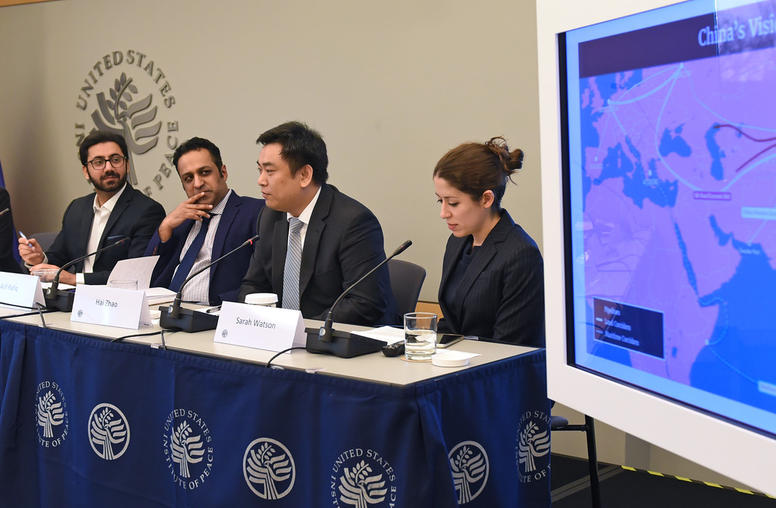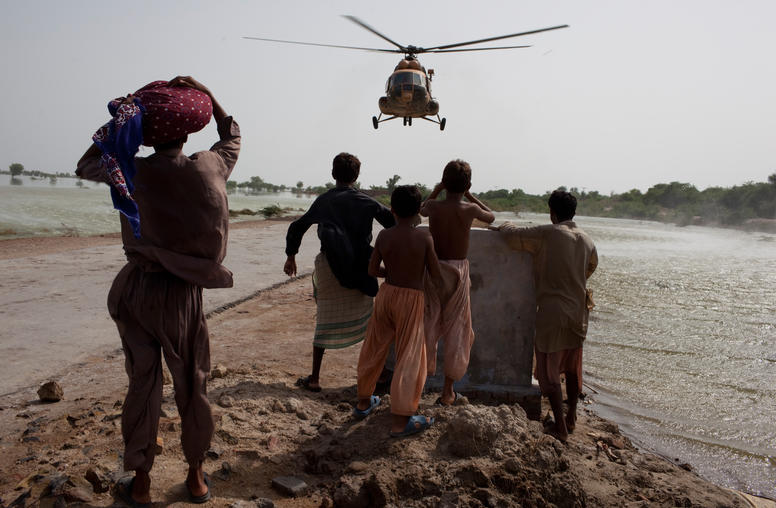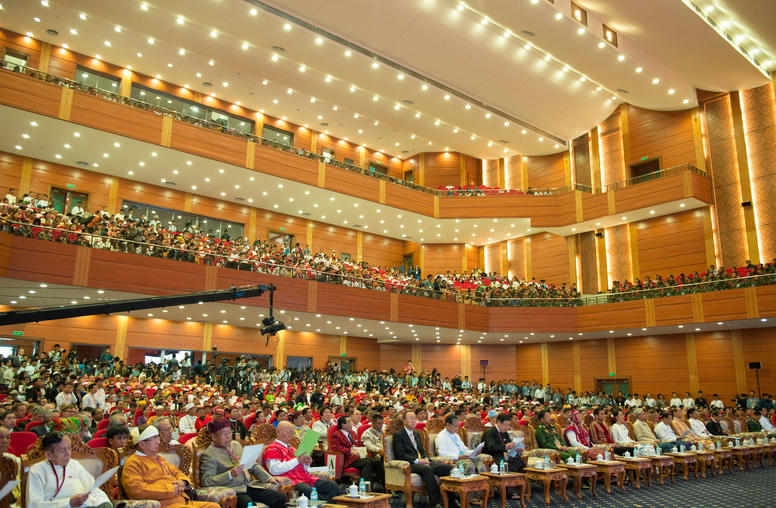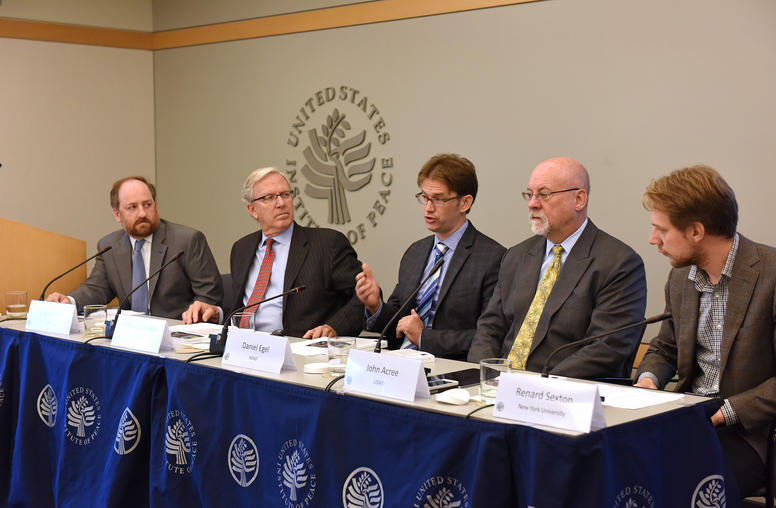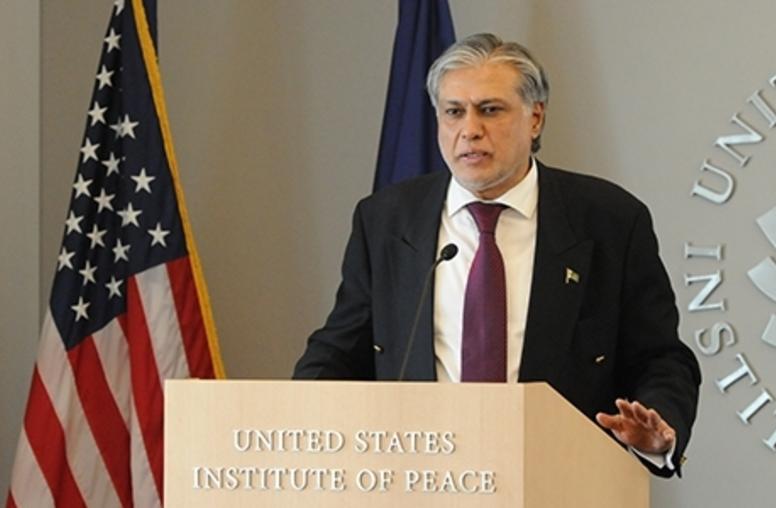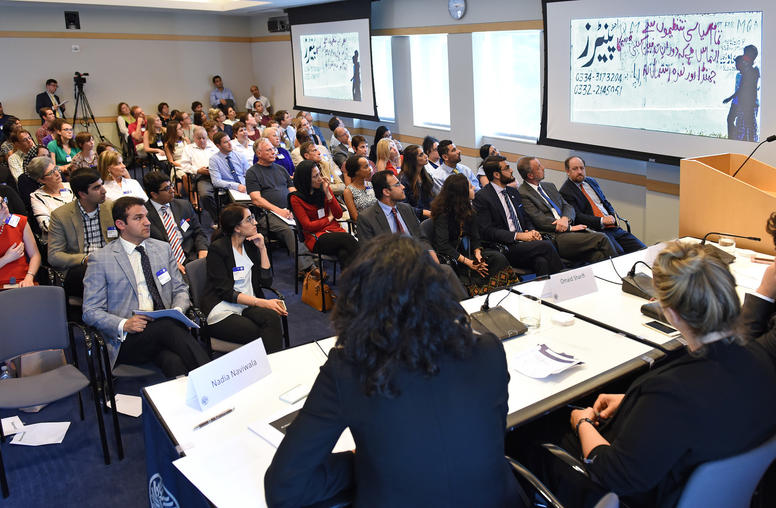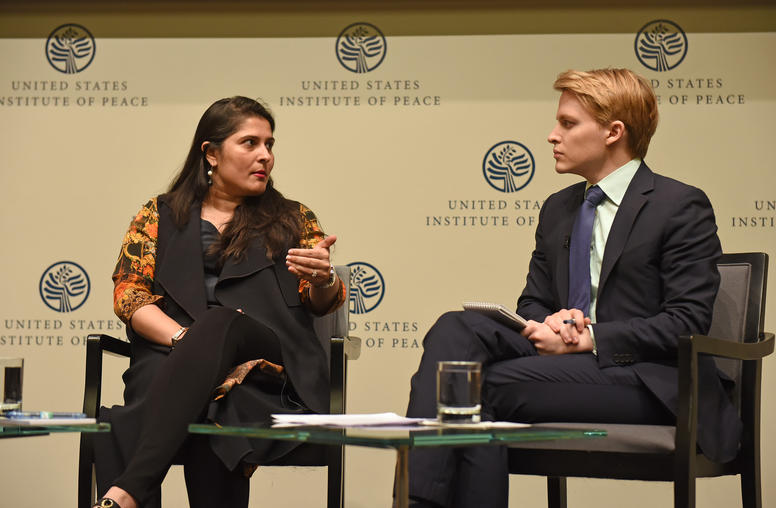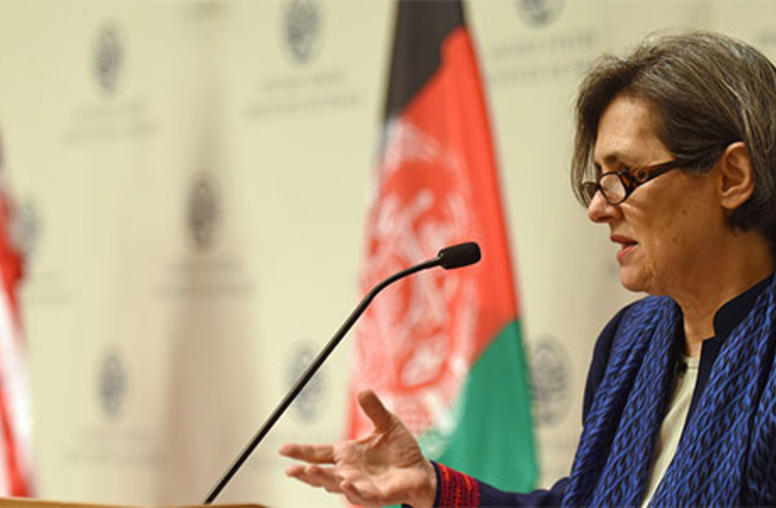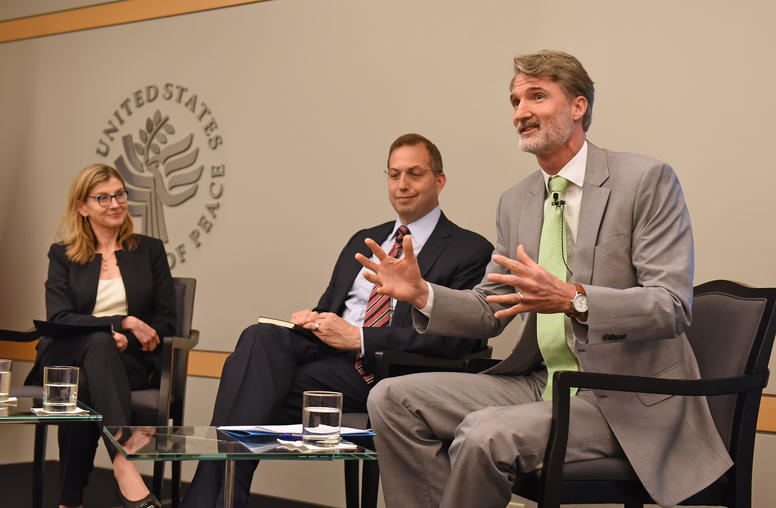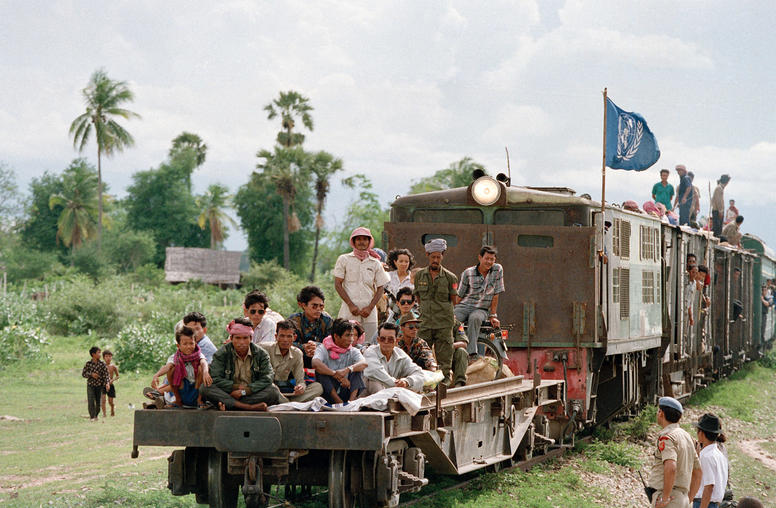
Cambodia’s Paris Peace Accords: 25 Years Later
Cambodia’s 1991 peace accord launched a process of cease-fire, peacekeeping and rebuilding that stabilized the country, but left deep wounds still unhealed from the 1970s genocide and decades of war. The Cambodian peace process was one of the first of its scale undertaken by the international community after the Cold War—and a quarter-century of work to implement it offers lessons for current and future peacebuilding work, both in Cambodia and worldwide. On December 15 at USIP, two panels discussed how the accords were achieved, political tensions since then, lessons that might be drawn from Cambodia's experience for other peace processes, and what role the international community might play going forward to preserve the peace and the intent of the accords.
